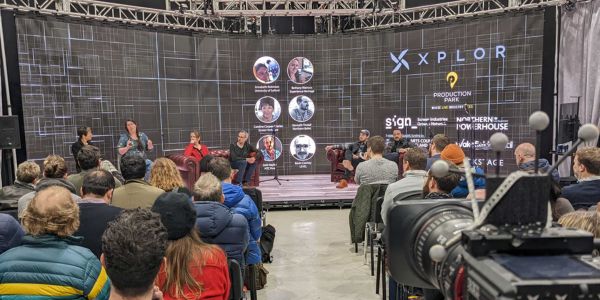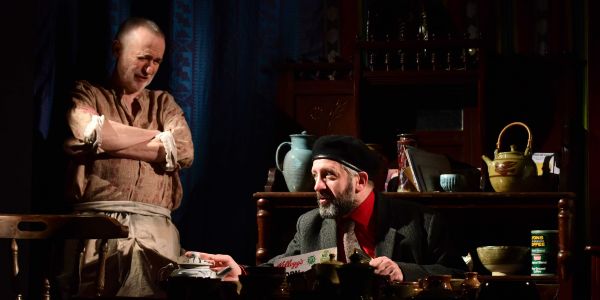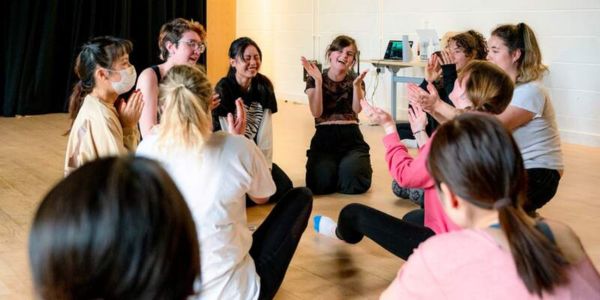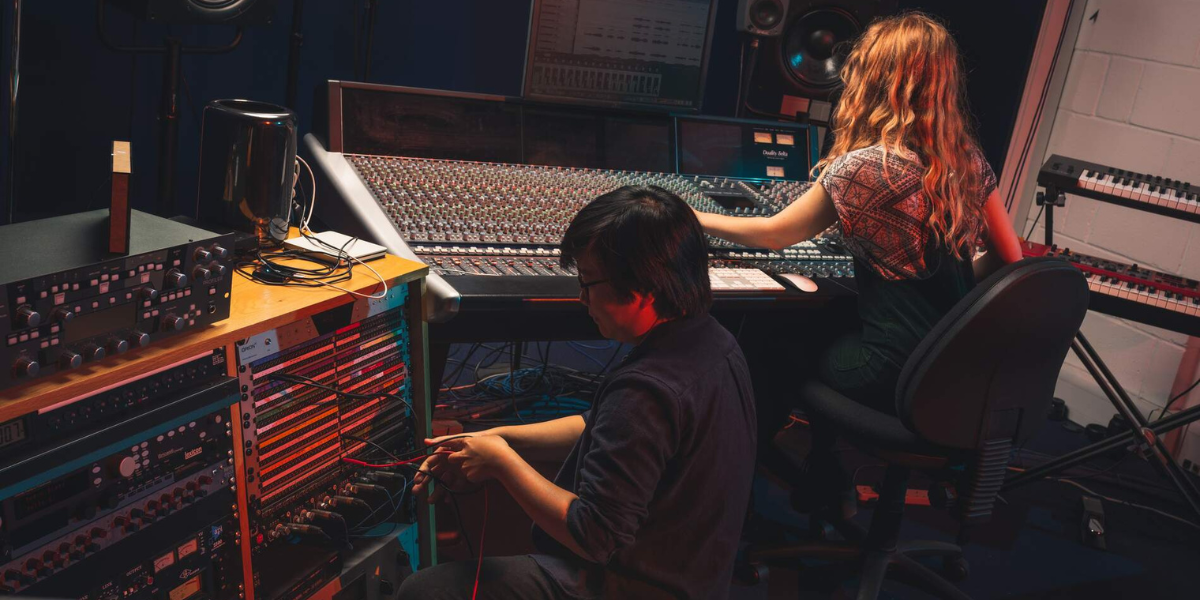
Research and practice in arts and creative technologies
Creating a collaborative research and practice community
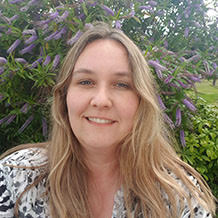
We are a leading, research-driven School shaping the future of arts and creative technologies. We integrate creative practice with cutting-edge scholarship, collaborating with external partners across industry, communities and cultural organisations, responding to grand challenges to deliver high-impact research, innovation, and industry leadership, fostering an inclusive and thriving academic community.
Dr Debbie Maxwell - Senior Lecturer in Interactive Media and Chair of Research and Practice
Research clusters
The strength and breadth of our research and practice is reflected in five research clusters that help us support our research community and the University's vision for public good.
Research Centres
Centre for Music Education and Human Flourishing
Facilities
We have a range of facilities to support our research, practice and collaborations with partners.
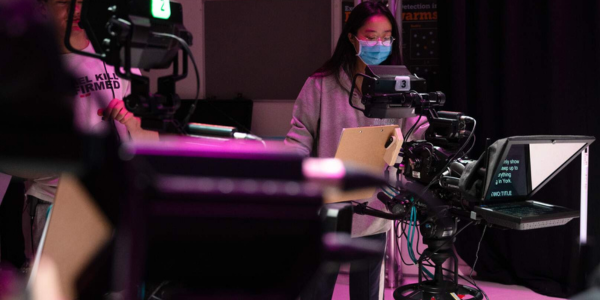
Music press
Research seminar series
To showcase our research, and enhance collaboration, we hold a regular series of seminars including papers by visiting speakers, as well as presentations by University of York staff and current research students.
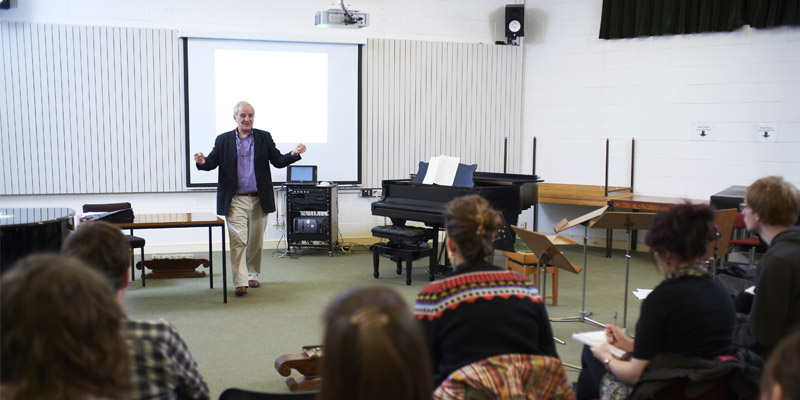
Archives
The Borthwick Institute for Archives houses fascinating collections to support theatre, music and television research and study.




